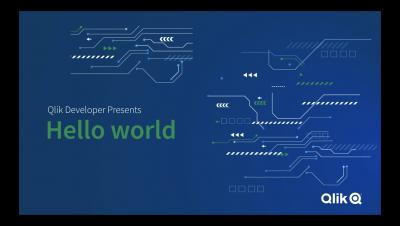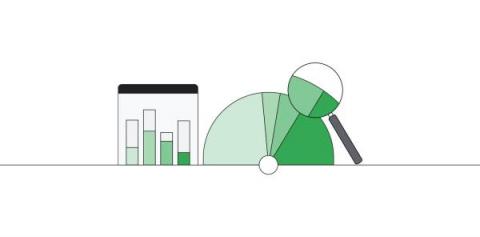Systems | Development | Analytics | API | Testing
Analytics
SaaS in 60 - OEM Tenant White Labeling / Branding via API and Co-Development of Qlik Script
Unleash your Google Cloud data with ThoughtSpot, Looker, and BigQuery
ThoughtSpot is helping customers reimagine how they use data, analytics, and AI with Google Cloud tools like BigQuery and Looker.
5 Tools to Build Modern Data Pipelines
Watch out for "Immortal Time" in conversion rates
Learn about "immortal time" and how it impacts conversion rates.
How to Grow Your B2B Newsletter? 6 Expert Strategies
Decipher the Hype and Reality of ChatGPT for BI and Analytics
6 tips to understand and optimize your Fivetran usage
View and modify your usage with ease — so you only use what you need.
Projects in SQL Stream Builder
Businesses everywhere have engaged in modernization projects with the goal of making their data and application infrastructure more nimble and dynamic. By breaking down monolithic apps into microservices architectures, for example, or making modularized data products, organizations do their best to enable more rapid iterative cycles of design, build, test, and deployment of innovative solutions.
How to go from spreadsheets to a modern data stack with limited resources
Learn how growth consultant Kat Gardiner guides early-stage organizations in developing a scalable data strategy, without breaking the bank.











